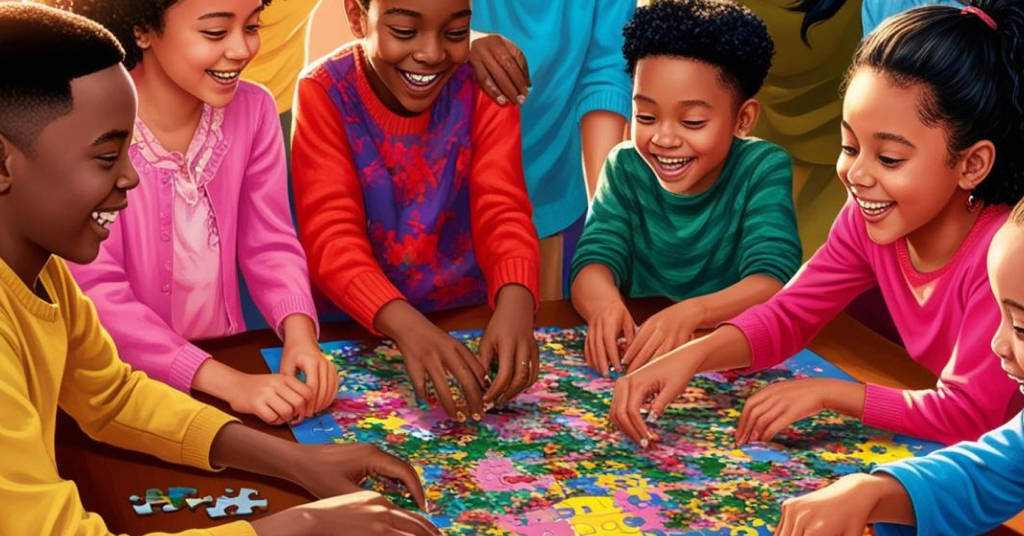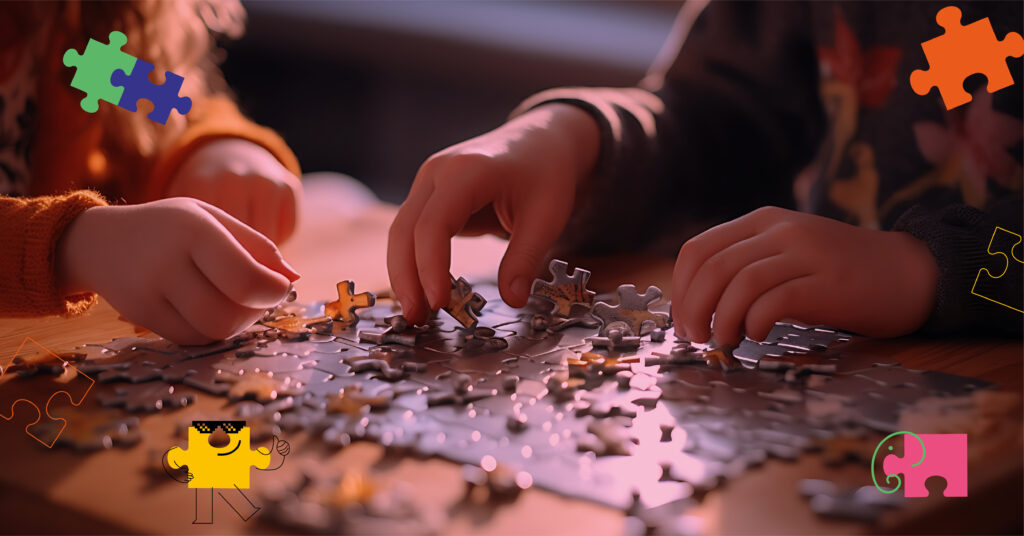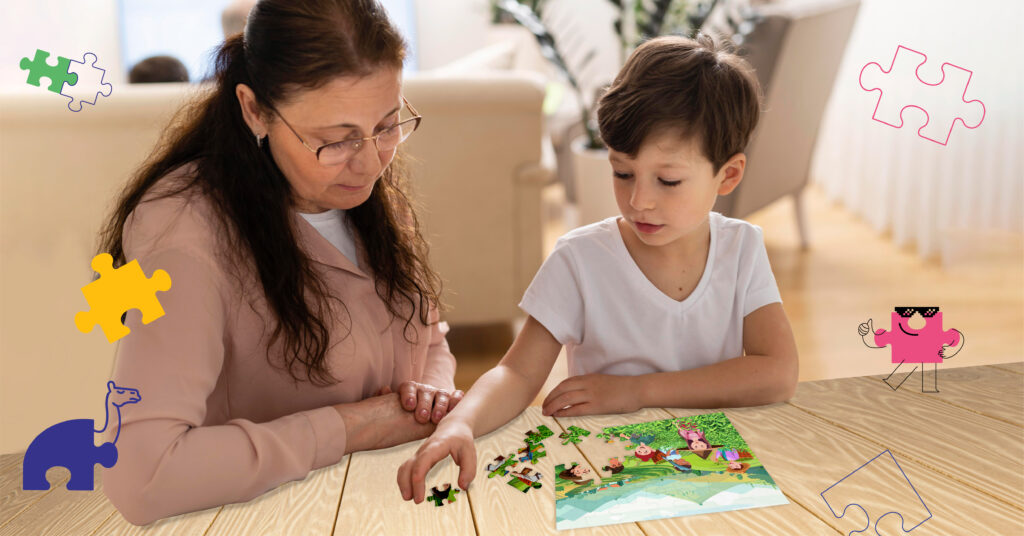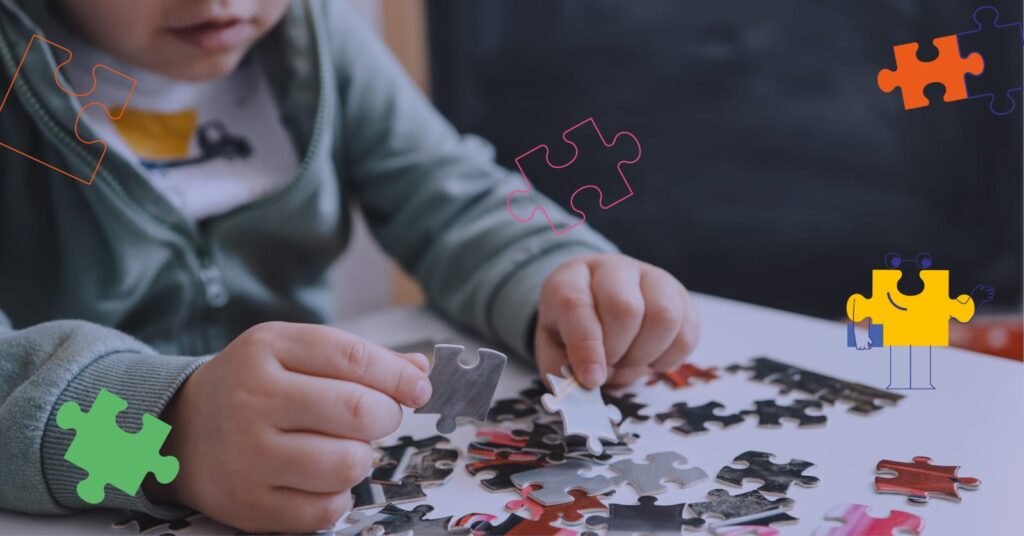In today’s digital era, parents face a crucial dilemma: should they encourage screen-based play or stick to traditional hands-on activities like puzzles? The choice of play impacts a child’s cognitive, social, and emotional development. While digital games are highly engaging and interactive, puzzles offer fundamental learning experiences that promote problem-solving and patience. So, which is better for child development?
The Pros & Cons of Digital Games
Benefits of Digital Games
- Hand-Eye Coordination – Digital games require precise movements, improving a child’s motor skills and reflexes.
- Quick Decision-Making – Many games involve fast-paced thinking, enhancing a child’s ability to make decisions under pressure.
- Engagement & Motivation – Gamification elements like rewards and progress tracking keep children engaged, making learning fun.
Downsides of Digital Games
- Excessive Screen Time – Prolonged exposure to screens can lead to eye strain, disrupted sleep, and reduced physical activity.
- Passive Learning – Unlike hands-on activities, digital games may encourage passive engagement rather than active problem-solving.
- Overstimulation – The fast-paced visuals and sounds in digital games can sometimes lead to shorter attention spans and reduced patience in real-world tasks.
The Benefits of Puzzles in Child Development
- Enhancing Focus & Patience – Solving a puzzle requires time and persistence, helping children develop concentration and patience.
- Improving Fine Motor Skills & Hand-Eye Coordination – Manipulating puzzle pieces strengthens small muscle movements and spatial awareness.
- Encouraging Independent Thinking & Persistence – Puzzles challenge children to think critically and find solutions on their own, boosting confidence and resilience.
Also Read: The Role of Puzzles in Montessori and Play-Based Learning
Finding a Balance Between Both
A well-rounded approach to play includes both digital games and traditional puzzles. Parents can combine both formats by:
- Introducing interactive puzzle apps that merge logic-based challenges with digital engagement.
- Exploring AR-based puzzles that integrate physical puzzle-solving with augmented reality for an immersive experience.
- Setting limits on screen time while encouraging hands-on play for a balanced developmental experience.
While digital games offer certain cognitive benefits, puzzles remain an invaluable tool in early childhood development. They cultivate patience, persistence, and problem-solving skills that digital games often lack. To ensure a child’s holistic development, parents should incorporate a mix of both formats.
Ready to spark creativity and critical thinking? Explore screen-free puzzle games for kids today!



